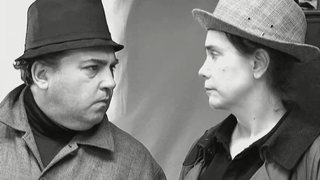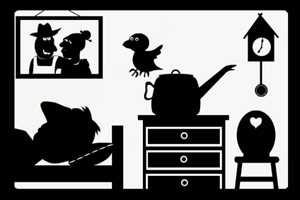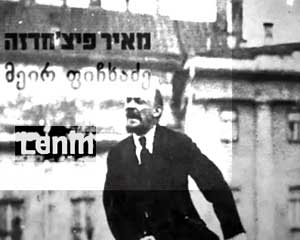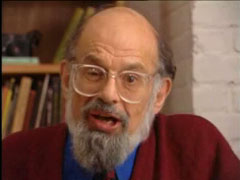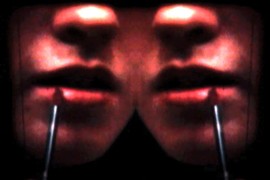
Memory Loss (2008, 61.4MB, 2:13 min)
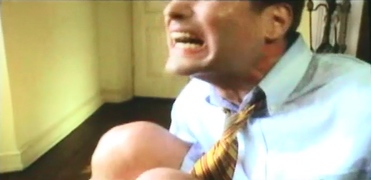
No Exit (2008, 38.2MB, 2:19 min)
Two pieces from Lee Sarter.
Memory Loss is an unequivocal success in my view,
evocative, very nicely constructed & haunting.
(Even manages to temporarily subdue my deeply felt &
longstanding antipathy to ambient sounding piano
soundtracks)
I don’t think No Exit works quite so well but it’s clear
in both that there’s a thinking & creative filmic intelligence at work here.
I look forward to more.
